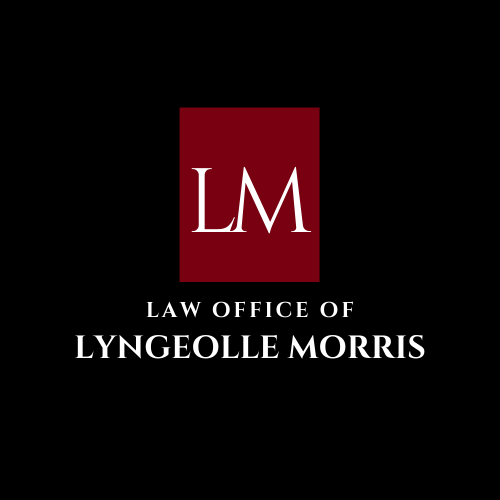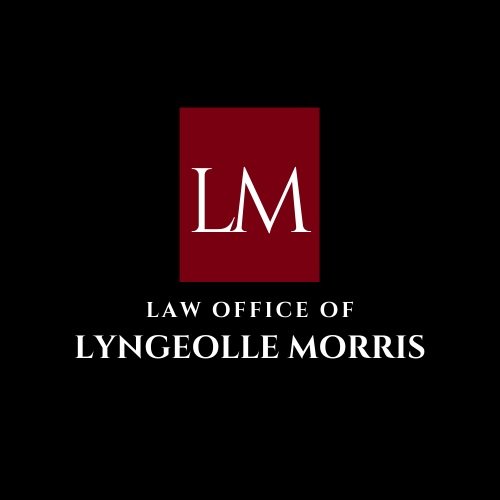Joint Tenancy vs Tenancy-in-Common: What’s The Difference?
Real property may be owned by two or more persons at the same time, known as co-ownership.
There are a number of reasons why you may choose to own property jointly. It may be due to the nature of the relationship between you and the other co-owner(s) (For example: spouses or relatives owning property together, business partners owning property for investment purposes, etc.).
It is important that when seeking to own property jointly or in the instance where you already own property jointly, that you are aware of the legal consequences that arise with joint ownership.
In this article, we will discuss the two types of co-ownership that exist and some of the important legal factors to consider when owning property concurrently.
There are two types of ways in which co-owners may own property. These include as follows:
1. As a joint tenancy or;
2. As a tenancy-in-common.
Joint Tenancy
A joint tenancy exists when two or more persons own property together ‘as a whole’, meaning there are no specific division of the shares in the property. In essence, the co-owners of a joint tenancy are in the position of a single owner.
With this type of ownership, each joint tenant is entitled to possession of the entire property, each joint tenant has the same interests, they derive their title from the same instrument and at the same time.
As such, if one joint owner dies, then the surviving owner or owners hold the property by operation of law by virtue of the principle known as ‘right of survivorship.
For instance, a married couple Sam and Mildred own a property together as joint tenants. If Mildred dies, then Sam will automatically become the owner of the whole property.
With this type of co-ownership, the joint tenant’s property would be passed automatically to the surviving joint tenant rather than by his or her Last Will & Testament.
Joint owners however, each have individual rights to sever the joint tenancy, meaning, the parties can decide to divide the property at anytime prior to the death of either of the joint owners.
Tenancy in Common
A tenancy in common exists when two or more persons own property together, in which each person has his or her own distinct fixed share in the property.
There is a presumption that each tenant in common has an equal share in the property. However, if there is evidence to the contrary, then this would guide the specific shares owned by each tenant in common.
On the death of a tenant in common, his or her share of the property would be passed to his/her estate on intestacy or by virtue of a Will.
Common Instances in which a person may want to convert a joint tenancy into a tenancy-in-common
You may wish to pass on your share in the property to a person other than the surviving joint tenant
You may have separated from your spouse, with whom you currently own the property (as joint tenants), and it your desire that this person does not inherit the whole property if you pass away first
You may have received the property as an inheritance with other joint tenants and it is your desire to pass on a share of the property to a person other than the joint tenants in the event of your death before them
Understanding the essential differences between a joint tenancy and a tenancy in common will be critical when either acquiring, selling or even passing on real property.
If you are considering purchasing property with another co-owner, you may first want to consider which type of ownership is best suited to your needs as well as the co-owner’s. You may be purchasing property as a couple, as an investment with a business partner, or with some other co-owner.
If you are a co-owner seeking to pass on your share to your estate, you may also want to consider the above and what rights you have and your ability to do so.
Final Note
Consulting professional legal advice on the above types of co-ownership will be an important step in guiding you with the options available to you, so that you can fully understand your rights as a co-owner.
If you are thinking of buying a property with another individual and would like some help in deciding the best option for you, click here to get in touch.
Or, if you are already a co-owner owner looking to determine your future options with the property, click here to get in touch, and we would be pleased to assist you.


